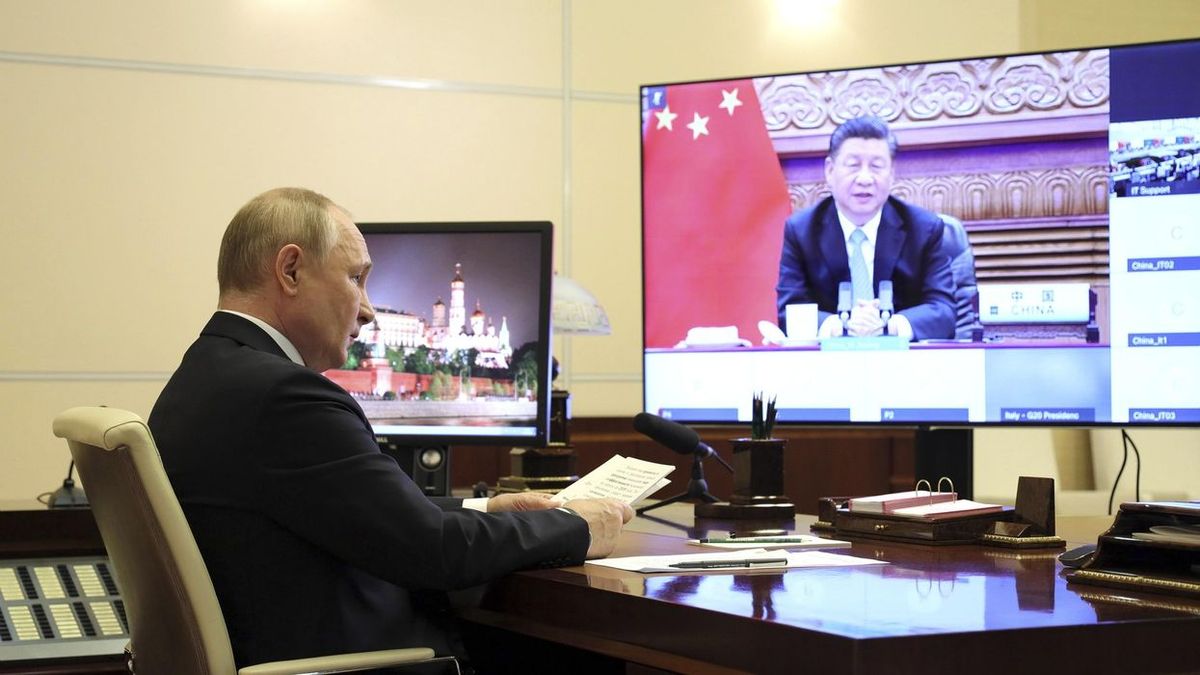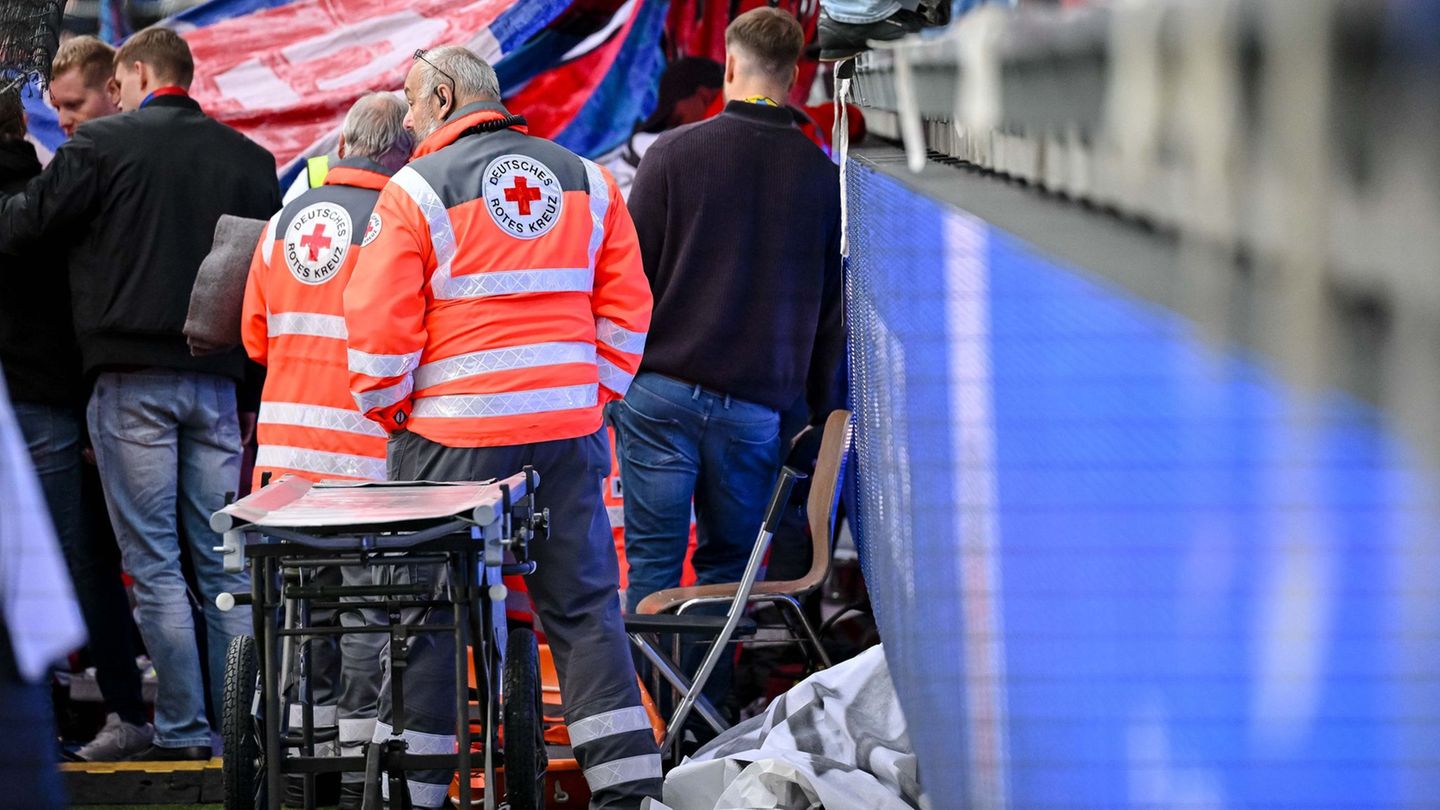With growing outrage and international sanctions against RussiaBeijing tries to avoid being affected by its association with Moscow while preserving close ties.
Former rivals in the Cold War, China and Russia have grown closer since Xi came to power nearly a decade ago, motivated by their shared desire to confront American might.
But China appears to have been caught off guard by the Russian military offensive, stiff Ukrainian resistance and international backlash against the Kremlin’s action.
Beijing, which has demanded respect for its territorial integrity in disputes with its own neighbors, has had to make rhetorical balances about Ukraine so as not to irritate Russia.
China has defended Russia’s security concerns over Ukraine and NATO expansion, refusing to condemn Moscow.
Beijing risks appearing as a facilitator for Putin, which could anger its Western trading partners and jeopardize the ties it has developed over the years with Russia and Ukraine.
The situation has paralyzed China, according to Richard Ghiasy, an expert at the Hague Center for Strategic Studies.
“Security interests almost always outweigh economic interests“in Chinese calculations, and that will not make it more pro-Ukrainian,” he told AFP.
Russia is “a giant, nuclear-armed, resource-rich neighbor” that China does not want to disturb, according to Ghiasy.
Beijing’s difficult position has been aggravated by the departure of 6,000 of its citizens from Ukraine, who are being evacuated by road and train to neighboring countries along with other displaced people.
Numerous governments have called on their people to leave Ukraine, but China has refused to do so.
Instead, he asked his citizens to “keep calm” and stay at home despite the advance of Russian troops on Ukrainian territory, and had to cancel an air evacuation after Ukraine closed its airspace to civilian aircraft.
In an example of how Beijing misread the situation, its embassy in Ukraine initially asked its citizens to display the Chinese flag on their vehicles as a protective measure, but then had to back down after seeing a hostile reaction from some Ukrainians.
“The political position that the Chinese government took has made things difficult for Chinese citizens there,” said Manoj Kewalramani, a professor of Chinese studies at the Takshashila Institution in India.
“If we do see Chinese casualties in Ukraine, then the pro-Russian neutrality of the Chinese government that we see today will be more difficult to maintain,” he added.
Without much room for manoeuvre, China has adopted the role of the mediator.
Xi last week urged Putin to resolve the crisis through a “sustainable European security mechanism through negotiation”and the Chinese foreign minister told his Ukrainian counterpart that Beijing “regrets” the conflict and that he hopes the two sides will find a diplomatic solution.
But in that mediating role, China will not use its influence to make Putin change his mind, said Steve Tsang, director of the China Institute at London’s School of Oriental and African Studies.
“It’s about neutrality to the outside, but it’s actually on the Russian side,” Tsang said.
A negotiated solution would be the least negative scenario for China, according to analysts.
The worst case, Tsang said, would be that the tightening of sanctions against Russia, or the failure of its military objectives in Ukraine, provokes an uprising that deposes Putin and leads to a pro-Western government in Moscow.
“I doubt that Xi wants to see a further escalation in the Ukrainian war,” Tsang said.
“But I would like to see Putin get what he wants without causing so much collateral damage to China and its ties to the rest of the world,” he said.
Source: Ambito
David William is a talented author who has made a name for himself in the world of writing. He is a professional author who writes on a wide range of topics, from general interest to opinion news. David is currently working as a writer at 24 hours worlds where he brings his unique perspective and in-depth research to his articles, making them both informative and engaging.




